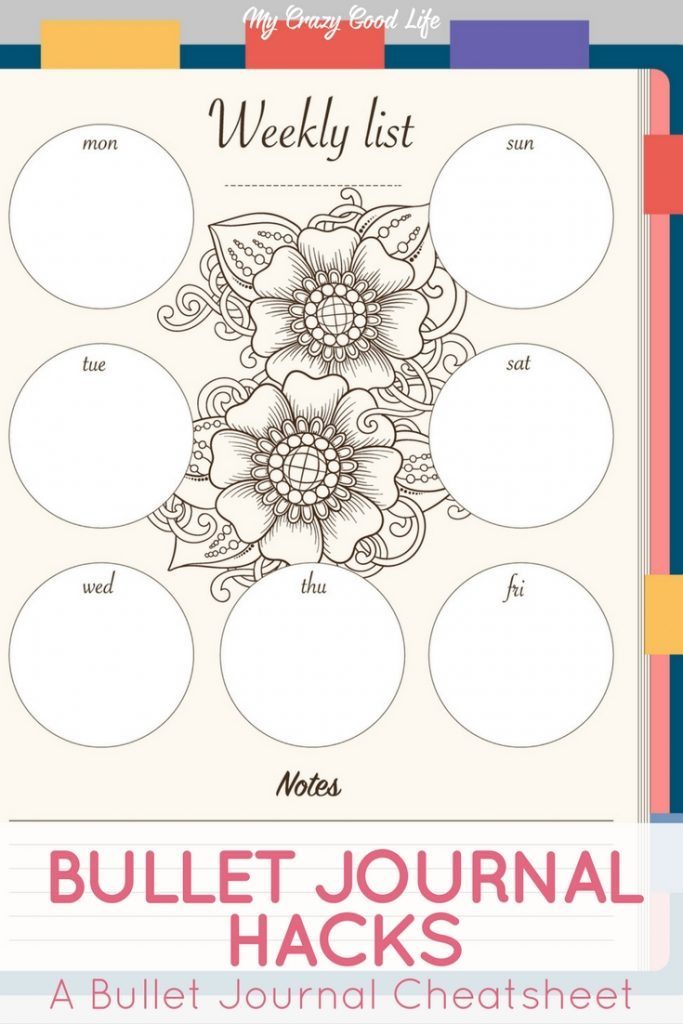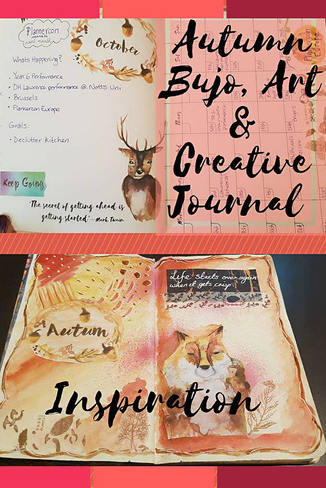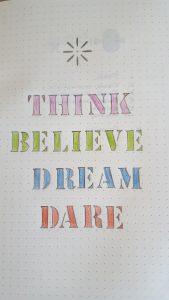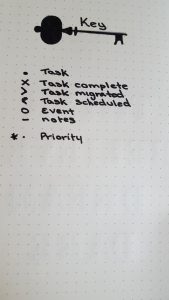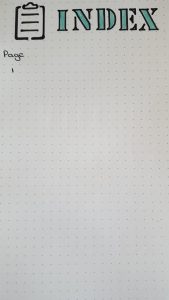My website ‘about me’ page introduces the fact that I am a writer (unpublished), editor, and reader. I am also a geek and love software, computers, and website design… oh, and gardening when I have the time. (You can’t beat the taste of strawberries and cherry tomatoes fresh out the garden, or the fascination of watching a pumpkin grow from a tiny seed into something you can carve up for Halloween). On top of this, I have a husband, two children with autism, two hyper dogs, and three budgies. It’s a busy and often hectic (lively) household, yet I somehow manage to keep editing and hit my deadlines. I’m not perfect, of course. There have been a couple of times I’ve been late due to complications at home, but that isn’t the norm.
Over the past four years, I have been consistently tweaking how I work, finding new ways and methods of improving on my speed, but without skimping on the quality. I pride myself on doing the best job I can. I may not know ‘everything’ about writing and editing, but it’s not through a lack of trying. I do a lot of reading in the background, and I’m building up quite a reference library now.
I also talk too much (but you know that already).
So, the topic of this blog post is organisation, or more specifically, a new method of organising my time. A good friend of mine introduced me to Bullet Journalling last year. That is to say, she runs a business coaching and mentoring female entrepreneurs. Being the good friend I am (not forgetting the fact she does talk a lot of sense and I learn a lot from her), I always sign up for her courses. I joined her mini Bullet Journalling course but was a little too busy to get involved with it. Fast forward to last week:
My eldest son has Aspergers and Dyscalculia. He is sixteen and totally disorganised. He’s not been to school since April due to bullying incidents (this is being dealt with) but through the course of home educating him through this period, I came to realise that his disorganisation wasn’t just a case of him not writing things down (like homework, or example), he genuinely struggles with the concept of making notes in a diary. Like (the old) me, he prefers to ‘remember’ it. He has an excellent memory for things he is interested in and can quote you dates of key events from the Second World War, or the timing of lifeboats leaving the Titanic, but remembering the day a homework assignment is due seems to be asking too much. I thought he was intentionally ‘forgetting’ but it appears that isn’t the case.
I did some reading up about Dyscalculia, and it would seem that organisation (or a lack thereof) is a key factor of this condition. It has something to do with a dis/mis-connection of neurons in the brain, so he isn’t thinking the way an average person thinks. (I think I have it too, as I struggle with the same things he does and can’t do maths without a calculator. It actually goes a long way to explaining my own resistance to writing things down. I’m forever buying diaries, making lists or starting a Google calendar – actually using them beyond the first wave of setting them up is a totally different matter.
Anyway, I was looking at diaries for autistic children (as the school diary clearly doesn’t work for him and his teachers – and me – are getting frustrated with him missing homework assignments). I never found any, so progressed to looking for diaries for people with ADD (Attention Deficit Disorder). I didn’t find any to help with people with this condition either, but I did chance across Bullet Journalling – a system of making your own diary to suit, to remember and record things you want to remember and record, and had a lightbulb moment. My son loves doodling and drawing. He never goes to school without a book he can do this in, so why not incorporate his love of doodling with a means of organising himself. (Honestly, some of the bullet journals I’ve been looking at are works of art). Look at these (you can click the image to visit their websites):
I’m not in anyway ‘arty’ but I believe the basic system of organisation will work for me (for both home and work). You can have weekly layouts, daily, and of course, yearly goals. Then there are things like routine trackers, inspiration pages, book logs, film logs, gratitude pages, budget trackers… the list goes on. Basically, you record want you want.
I’m going to try this out for myself anyway, though my accounting software keeps me organised in respect to bookings and editing work (as work hours are now linked to my invoicing system), but shall be aiming for a minimalistic approach. I’m not arty, and I’m a perfectionist (and the two don’t ‘gel’). If I try being arty I’d never get any work done, as I’d have to get it perfect. I have made a start in getting mine set up though. I have a cover page, a key page, and an index page (which you add to as you create ‘spreads’ but I’ve not got as far as creating a spread yet):
(The key page is not wonky in the book).
For anyone who might be interested, this is the notebook I’m using (the pages are quite thick but Sharpies go through it (ghost), so it’s better to opt for Tombow pens. I also purchased some stencils, some self-adhesive printer paper and some stickers (which is about as arty as I get):
Recommnded website: (explains the basics far better than I can):

